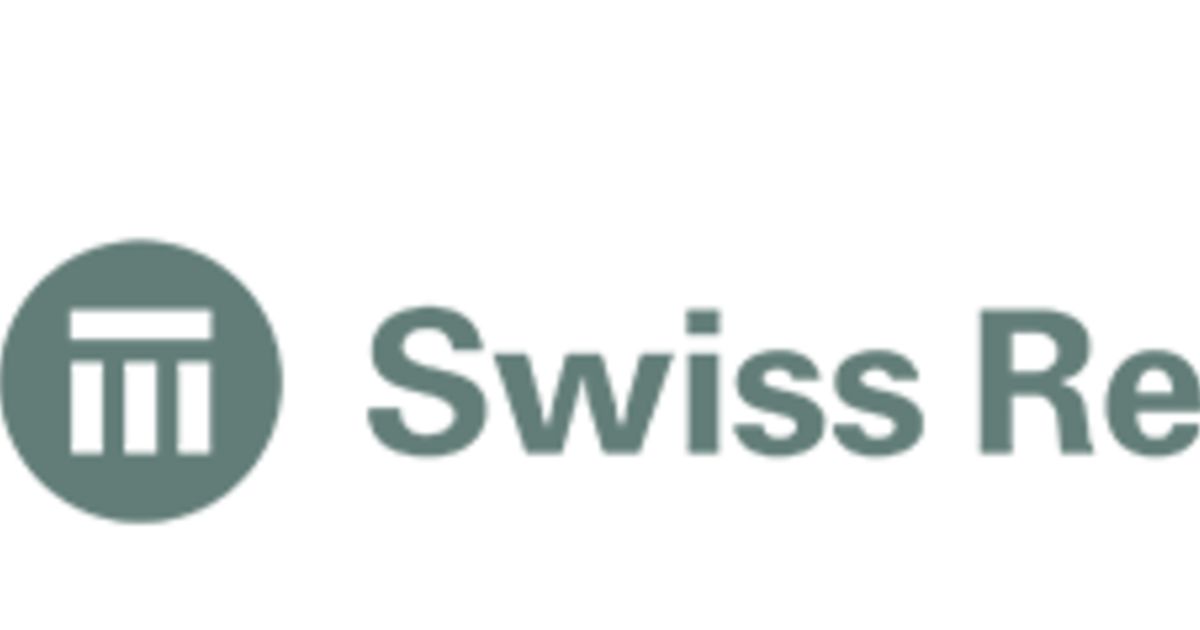 08-06-2021
08-06-2021
From zombie companies to urban mobility: Swiss Re's SONAR examines the emerging risks set to shape a post-COVID-19 world

 Insurance Alertss
Insurance AlertssFrom zombie companies to urban mobility: Swiss Re's SONAR examines the emerging risks set to shape a post-COVID-19 world
As the COVID-19 crisis continues to play a defining role in the lives of millions of people across the world, Swiss Re's SONAR 2021: New Emerging Risks Insights identified the threats that will shape the future post-COVID-19 risk landscape. These emerging risks range from the unintended consequences of government interventions through to the dangers of restarting under-maintained industrial facilities. The report also highlighted the urgent need to decarbonise the global economy, especially in the area of urban transport.
Swiss Re's Group Chief Risk Officer Patrick Raaflaub said: "When COVID-19 emerged in late 2019, few could have predicted the magnitude of its impact. Many of the actions taken to mitigate the pandemic have themselves created new risks, from the widening inequality gap to the dangers of restarting under-maintained industrial operations. As re/insurers, it is essential that we have the best possible understanding of these emerging risks. It is also important to remain vigilant on the emerging risks that are already known – especially regarding climate change – as these will impact us for years to come."
Income inequality and the growing gap between rich and poor
COVID-19 lockdowns widened the gap between rich and poor. While many white-collar workers were able to move to home offices and continue their work, lower-wage face-to-face service sectors such as retail, gastronomy and tourism experienced high unemployment. In the US, for example, leisure and hospitality unemployment rose from 5% at the start of 2020 to 40% in April 2020. In the UK, unemployment in these sectors peaked at 10.9% in the three months to January 2021. This was significantly lower than the US owing to the UK government's job retention scheme.
The income inequality gap is not only an issue for developed economies. According to Pew research, the growth of the global middle classes was 54 million people fewer than projected in 2020, with 60% of that reduction in India alone1. In countries where government finances allowed for aid packages, lower-income households fared better. In the US, stimulus measures increased the incomes of low-wage workers during the first few months of the pandemic.
Of particular concern is the disproportionate impact on younger generations already struggling with pressured labour markets and lack of career opportunities. An unemployment rate of 10% for people under 25 remains elevated for the US, while in the UK this figure stands at 12%2.
The reduction in income for many sections of the global community threatens the recent growth in insurance demand seen in many markets. It also places the emphasis on the development of affordable private insurance solutions to fill the protection gap for middle and lower-income segments.
Zombie companies: the dilemma of withdrawing government stimulus
As COVID-19 swept across the globe, many governments enacted financial relief programmes to prevent corporate bankruptcies. In the US company bankruptcies were down by 5% year on year in 2020, a reversal of the trend of increasing rates from 2017 to 2019. Government stimulus programmes helped many viable companies stay afloat, however stimulus measures have also propped up non-viable firms: so-called “zombie companies".
Zombie companies are a potential burden for the financial sector, especially when it comes to increased credit default rates. Low interest rates are incentivising companies to take up bank credit, creating a risk of large-scale defaults on these loans once government support dries up and zombie companies become insolvent. The Institute of International Finance reported that bank loans to small-and-medium enterprises in the US rose by 6% in 20203.
To avoid a potential surge of defaults and bankruptcies, governments will need to carefully decide how and when to withdraw stimulus packages. A recent Swiss Re Institute paper concluded that for sustainable economic recovery, policy should support businesses that are viable in the long run and facilitate the orderly restructuring of non-viable firms4.
New means of urban mobility to decarbonise transportation
Rapid decarbonisation of the global value chain is essential to avoid the most extreme effects of global warming and climate change. One important target area for decarbonisation is transportation, which currently contributes about 24% of global CO2 emissions from fuel combustion.
The move to electromobility, hydrogen fuel cells and non-fossil-based fuel alternatives is well underway and promises a sustainable response to traffic-loaded urban centres. For example, there are already sophisticated micro-mobility systems such as rentable e-scooters in many cities. In the future, the options are open to develop self-driving delivery vehicles, or even urban air mobility options such as clean-powered flying taxis.
The benefits of the revolution in clean transport are clear. However, there are emerging risks. City planners face the challenge of creating ways for new e-vehicles to safely coexist with traditional transport and infrastructure. Injuries from e-scooters and e-bikes are a potential source of new liability claims. Further, the rental model of many of these new forms of urban transport requires sharing of personal information, giving rise to risks around possible data theft. Legislation and regulation will therefore also need to be updated in order to mitigate these risks.
Diversity gaps in product testing and other technology risks
Besides COVID-19-related emerging risks, Swiss Re's SONAR also examined new technological risks in the global marketplace. For example, the report examined the importance of accounting for gender, age and other factors in product testing. Evidence suggests that crash test dummies and medical trials may need to more accurately reflect a changing demographic in order to increase car and medical safety.
Further topics in this year's SONAR report include: the longer-term health burden of COVID-19, the risks of restarting industrial installations that have been under-supervised or not maintained during the pandemic, and the ethics of digital nudging.
Source: Press Release
